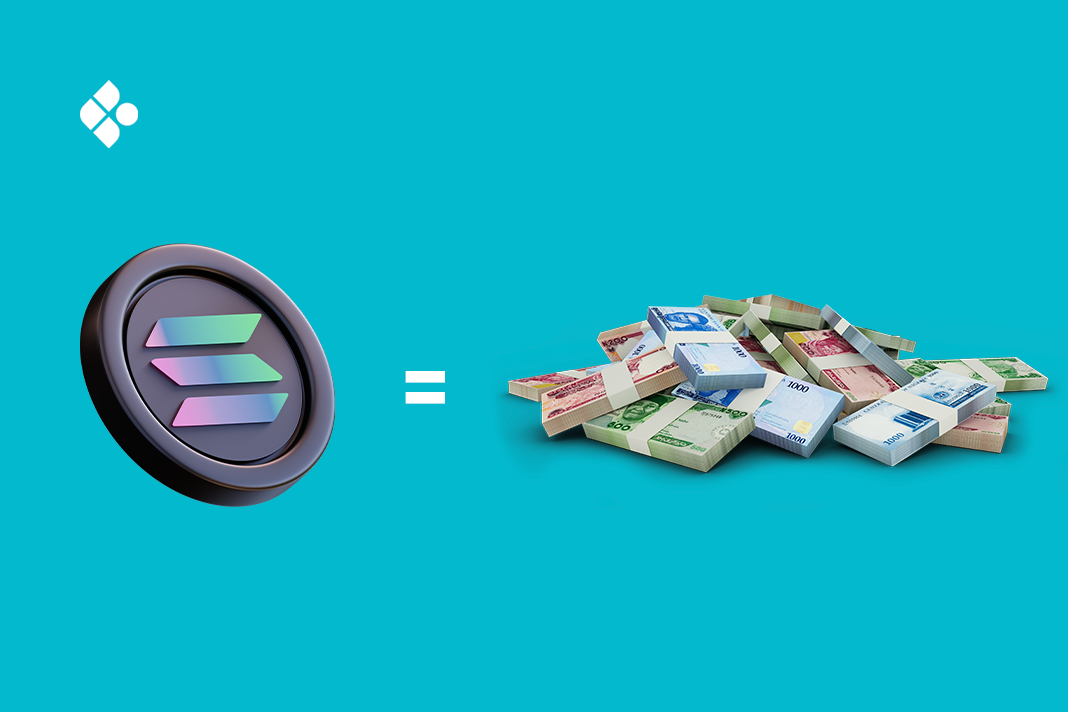Have you ever felt like too many things are happening simultaneously in the Bitcoin market? Like the market is too fast-paced, and you can’t find the right time to sell your Bitcoin holdings?
Making the right move can be as tricky as finding your way through a dense fog. But it doesn’t have to be. In this article, we’ll go through 8 important tools that will help you make informed decisions on when to sell your Bitcoin. These eight vital tools are:
- Crypto exchanges
- General Market Trackers or Price Alert Tools
- Advanced Charting Platforms
- Onchain Analytics Platforms
- Blockchain Explorers
- Crypto Portfolio Trackers
- News Aggregators
- Market Sentiment Analysis Tool
Now, let’s review these vital tools and learn what they are and how they can help you track Bitcoin and make the right decisions before selling.
Bitcoin Price Tracking Tools You Should Know
1. Crypto exchanges
Including centralised and decentralised exchanges, these platforms provide real-time price and trading data for BTC and all other altcoins in the crypto market. Centralised exchanges (CEXs) operate using order books and a central authority. Top examples of CEXs are Binance, Bybit, Coinbase, OKX, Bitget, etc. On the other hand, decentralised exchanges (DEXs) operate using the concept of automated market makers (AMMs) and liquidity pools. Some of the most popular DEXs include Uniswap, Pancakeswap and dYdX.
2. General market trackers or price alert tools
These platforms provide real-time Bitcoin prices, market capitalisation, trading volume, and rankings of multiple cryptocurrencies. Their key features include live Bitcoin and altcoin price updates, market capitalisation and trading volume tracking, historical price charts and trends, exchange listings, and liquidity analysis.
For example, CoinMarketCap, one of the most widely used crypto trackers, provides comprehensive data from multiple exchanges. Another is CoinGecko, which offers additional insights such as community engagement. Notably, these platforms allow you to set price alerts, helping you to know when to sell your BTC and other crypto assets.
3. Advanced charting platforms
As the name implies, these tools are designed for traders who require detailed price charts, indicators, and market analysis on Bitcoin. They offer interactive and customisable price charts, technical analysis tools like RSI, MACD, moving averages, candlestick patterns and depth charts, and real-time trading data from multiple exchanges. One major example is TradingView, which provides extensive charting capabilities and a community of traders who share ideas.
4. On-chain Analytics Platforms
This set of online tools focuses on Bitcoin’s blockchain data, such as transaction volume, supply distribution, and market psychology. Key features include on-chain metrics like active addresses, transaction fees, miner data, market sentiment analysis using social media and trading data, supply and demand indicators, and long-term Bitcoin holding trends. Examples of these market analysis tools include CryptoQuant, Santiment, Dune Analytics, etc.
5. Blockchain explorers

A blockchain explorer is an online tool for viewing all information related to past and current transactions on a particular blockchain network. It can view information on transactions, such as the sender, receiver, and amount. These platforms also allow users to view more technical data, such as the transaction hash and nonce. Numerous blockchain explorers in the industry are designed to track the on-chain activities on a particular blockchain network. Examples include BTCscan, Etherscan, Solscan, etc.
6. Crypto Portfolio Trackers
Portfolio trackers are platforms which help you manage your Bitcoin investments. They provide a comprehensive portfolio overview, giving insights on when to sell your BTC assets. With key features such as real-time Bitcoin price tracking with portfolio updates, profit and loss calculation, multi-asset tracking, including altcoins and fiat balances, tax reporting, and historical performance analysis, these tools help users track their Bitcoin investments, profits, and overall portfolio performance.
Examples include Delta, a portfolio management app that syncs with exchanges and wallets, and CoinStats, which tracks investments across multiple exchanges and wallets. Coingecko and Coinmarketcap also fall into this category.
7. News Aggregators
Bitcoin news aggregators are services that organise and display BTC-related news articles. They will help you stay informed and up-to-date on the latest trends and developments in the Bitcoin market. These platforms combine price tracking with in-depth news updates, analysis, and reports.
Some examples include the CoinDesk Bitcoin Price Index, which aggregates Bitcoin prices and provides news coverage. Another example is Messari, which delivers market insights, research reports, and price tracking.
8. Market Sentiment Analysis Tools
These are essential software and an AI library with varieties of tools created to interpret market sentiment. They are designed to help you make sound decisions by understanding the general public’s opinion of the Bitcoin market. The market sentiment analysis tools gather information from numerous sources and use artificial intelligence and natural language processing models to determine whether the market sentiment is positive, negative, or neutral.
A positive market sentiment usually leads to a bullish market, and a negative market sentiment will eventually show bearish trends. Examples of market sentiment analysis tools include Crypto Fear and Greed Index.
Importance of Tracking Bitcoin’s Price Behaviour Before Selling
Tracking Bitcoin’s price before selling is essential for several reasons. Some of these are:
- Price tracking would help inform decisions on when and how to sell Bitcoin based on the current and past market price actions. It would help set realistic goals and help avoid selling on impulse.
- Tracking Bitcoin prices before selling would also help avoid panic when the price dips.
- Monitoring Bitcoin’s price movement will help capitalize on short-term price movements, resulting in higher profits and maximum returns.
- Bitcoin price changes are usually tied to how the community perceives BTC. Tracking the price would give much-needed and timely insight into market sentiment.
Frequently Asked Questions (FAQs) About the Essential Tools for Tracking Bitcoin Prices Before Selling
Can my Bitcoin wallet be tracked?
Yes. Since blockchain is a public ledger, activities or transactions done by a wallet address are recorded on the blockchain.
Can a Bitcoin transaction be tracked?
Yes. Every Bitcoin transaction is recorded on the blockchain. All you need to do to track a Bitcoin transaction is to paste the transaction ID into the blockchain explorer.
How to monitor a Bitcoin wallet
You can monitor a Bitcoin wallet using some of the tools mentioned, like the blockchain explorer and the portfolio tracker, to observe Bitcoin sent and received and the wallet’s overall transaction history.
Can anyone see my Bitcoin transactions?
Yes. Anyone with access to the internet can access Bitcoin’s blockchain explorer and, thus, your Bitcoin transactions.
Conclusion
The transparent nature of Bitcoin makes it possible to track its price changes at any given time, helping traders know when to sell their BTC. Tools such as general market trackers, crypto exchanges, blockchain explorers, on-chain analytics platforms, etc., help make the decision even easier. Use these tools today to track BTC price movements before selling on trusted platforms such as Breet App.







